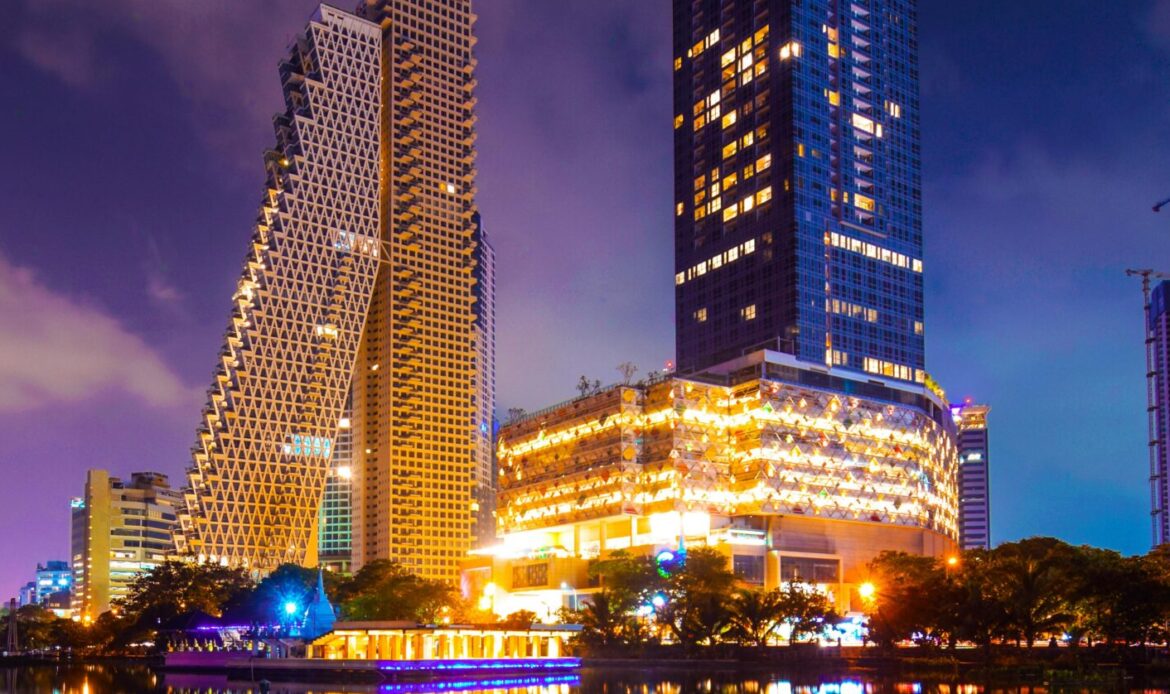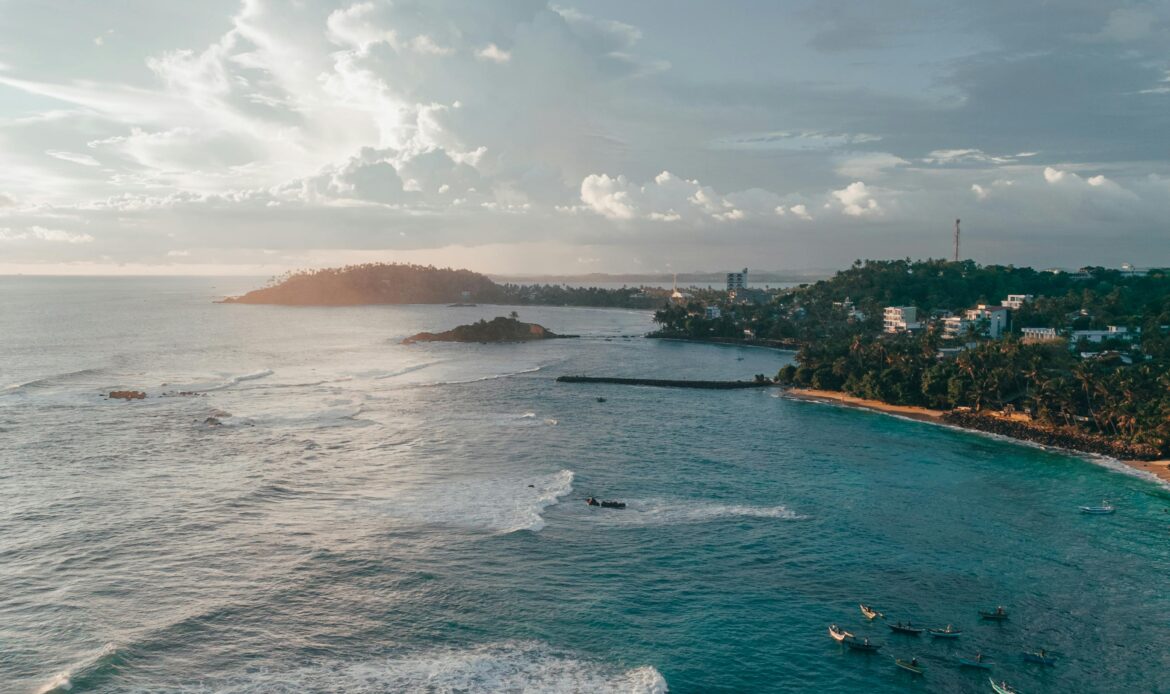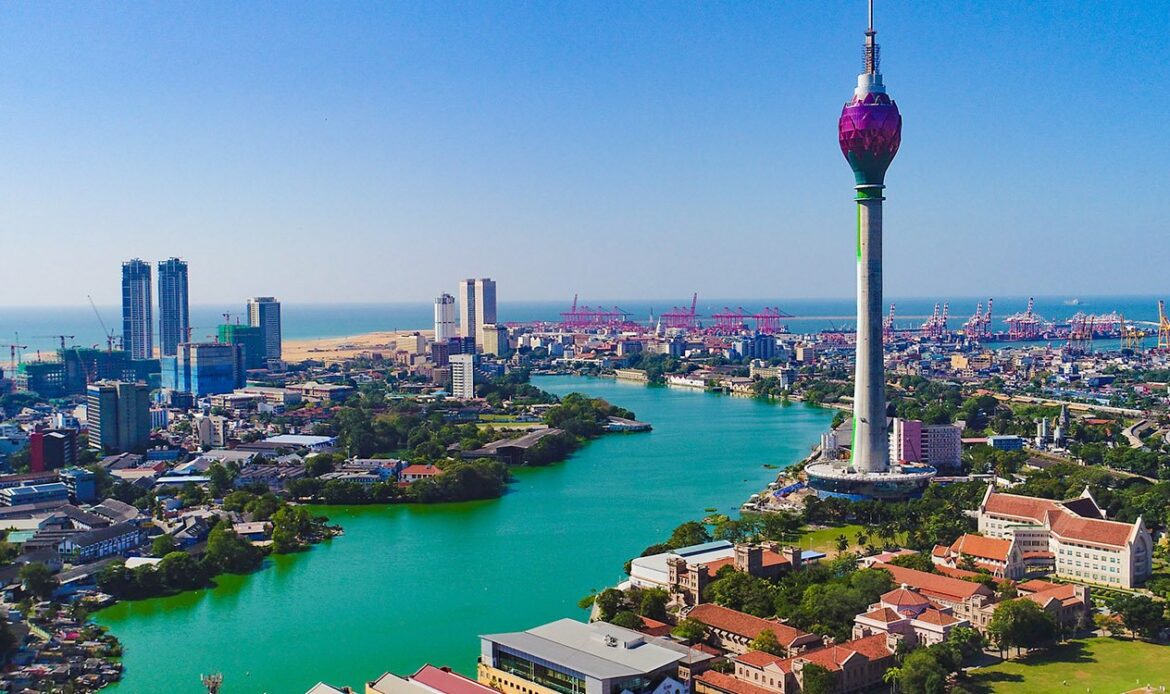
Sri Lanka, the “Pearl of the Indian Ocean,” is a tropical paradise known for its stunning beaches, lush landscapes, rich culture, and warm hospitality. Whether you’re relocating for work, retirement, or adventure, this guide covers everything you need to know about accommodation, visas, living costs, health, safety, and transport.



Tourist Visa: 30-day visa on arrival or e-visa (extendable up to 6 months)
Work Visa: For expats employed by a Sri Lankan company.
Investor Visa: For those investing in Sri Lankan businesses or property.
Retirement Visa: For retirees with proof of sufficient funds.Residence Visa: Required for long-term stays. Options include
Single Person: USD 400–800
Family of Four: USD 1,000–1,500
Rent: USD 150–1,000 (depending on location and type of accommodation).
Utilities (Electricity, Water, Internet): USD 50–150.
Groceries: USD 100–200.
Dining Out: USD 3–10 per meal at local restaurants; USD 15–30 at upscale restaurants.
Transport: USD 20–50 (public transport); USD 200–300 (private vehicle).
Budget-Friendly: Local markets, public transport, and modest housing.
Luxury: High-end apartments, imported goods, and private transport.
Public Hospitals: Free but often crowded and basic.
Private Hospitals: High-quality care with English-speaking staff (e.g., Asiri, Nawaloka, Durdans in Colombo).
Expats are advised to have international health insurance or opt for local private health insurance plans.
Ensure routine vaccines (e.g., tetanus, measles) are up-to-date.
Consider vaccines for hepatitis A/B, typhoid, and rabies.
Drink bottled or boiled water to avoid waterborne illnesses.
Avoid political gatherings and demonstrations.
Be cautious in crowded areas to prevent petty theft.
Keep valuables secure and avoid displaying expensive items.
Monsoon season (May–September and December–February) can bring heavy rains and flooding.
Follow local advice during extreme weather events.
Police: 119
Ambulance: 110
Fire Brigade: 111
Buses: Cheap and widely available but often crowded.
Trains: Affordable and scenic, especially on routes like Kandy to Ella.
Tuk-tuks: Ideal for short distances; negotiate fares beforehand.
Ride-hailing Apps: PickMe and Uber are popular in Colombo.
Car Rentals: Available for long-term stays; international driving permit required.
Left-hand drive.
Roads can be narrow and chaotic, especially in rural areas.
Fuel costs: Approximately USD 1–1.50 per liter.
Bandaranaike International Airport (Colombo) is the main international gateway.
Domestic flights are available for travel to Jaffna and Trincomalee.
Copyright © 2024 Export Development Board Sri Lanka. All rights reserved.